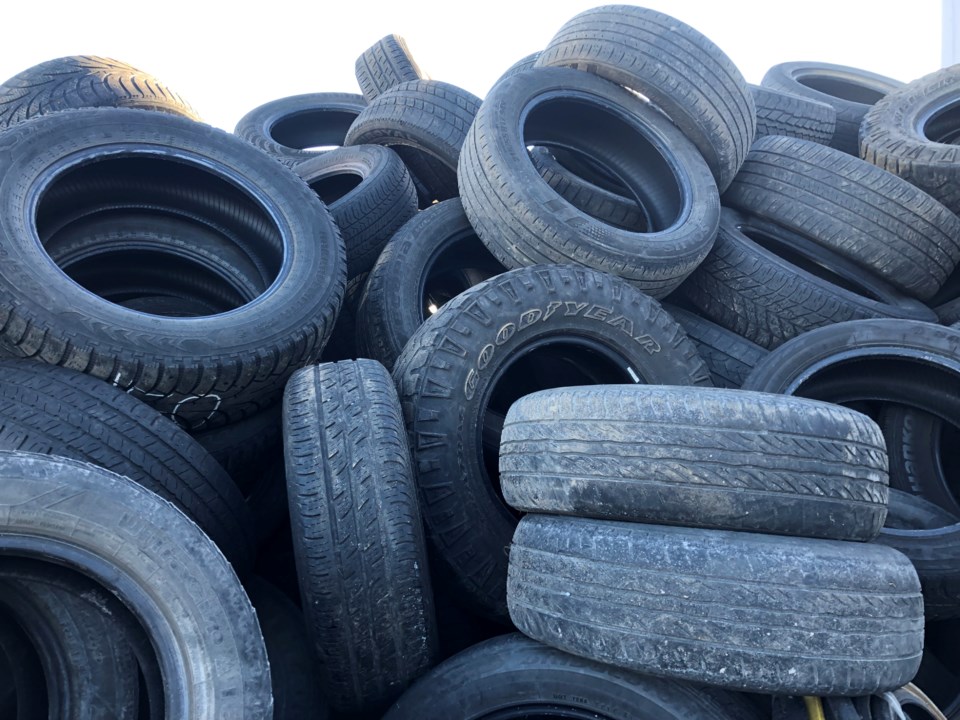A Cambridge company is getting a federal funding boost to help find a solution to the problem of plastic pollution generated from wear and tear on tires.
Stema Punch and Die Inc. says it is creating specialized compositions for tires to improve their wear and help stop the shed of microplastics.
In Quebec on Wednesday, Minister of Environment and Climate Change Steven Guilbeault said the Bishop Street manufacturer is one of three companies set to receive up to $150,000 from the federal government to develop its proof of concept.
“At Stema, we are excited to be working with Environment and Climate Change Canada addressing this major, and often overlooked, environmental issue," said Asif Khan, CTO, Stema Punch and Die Inc., in a press release.
"The focus of our solution is to create a new tire composite that will last longer, degrade slower, and can replace current tire applications. As such, we believe we can create a solution that results in a reduction in microplastic particulates while not changing the habits of our potential consumers.”
Microplastics is a growing problem, affecting ecosystems, wildlife, and the economy. Every year approximately six million tonnes of tire wear particles are released into the global environment.
Worldwide, it's estimated that five to 10 per cent of microplastics end up in oceans, and three to seven percent of the particulate matter, or tiny pieces of solids and liquids, in the air is from tire wear and tear.
Stema is among the three Phase 1 recipients of the latest Canadian Plastics Innovation Challenges to address plastic pollution from tires.
The Canadian Plastics Innovation Challenges are part of the Innovative Solutions Canada program, which seeks solutions for sectors that generate some of the greatest quantities of plastic waste and pollution and/or show the greatest opportunity for impact and innovation.
These Challenges are part of the federal government's commitments to reduce plastic waste and pollution, while growing the economy and creating good jobs.
The other two companies in the first phase of funding are Applied Quantum Materials Inc., from Edmonton, and Nova Graphene Canada Inc., in Dartmouth, Nova Scotia.
Nova is developing a graphene-enhanced rubber that could reduce tire-wear shedding and extend the life of tires, while Applied Quantum Materials is developing a specialized reinforcing additive for tires to minimize microplastic release over different road and temperature conditions.
“Our Government is committed to ending plastic waste in Canada," said Guilbeault in the release. "We need smart innovations to create a more circular economy to recycle the plastics we consume. By providing funding to small- and medium-sized businesses through the Canadian Plastics Innovation Challenges, we are giving a boost to the development of technology to address plastic pollution and help move Canada toward its goal of zero plastic waste.”



